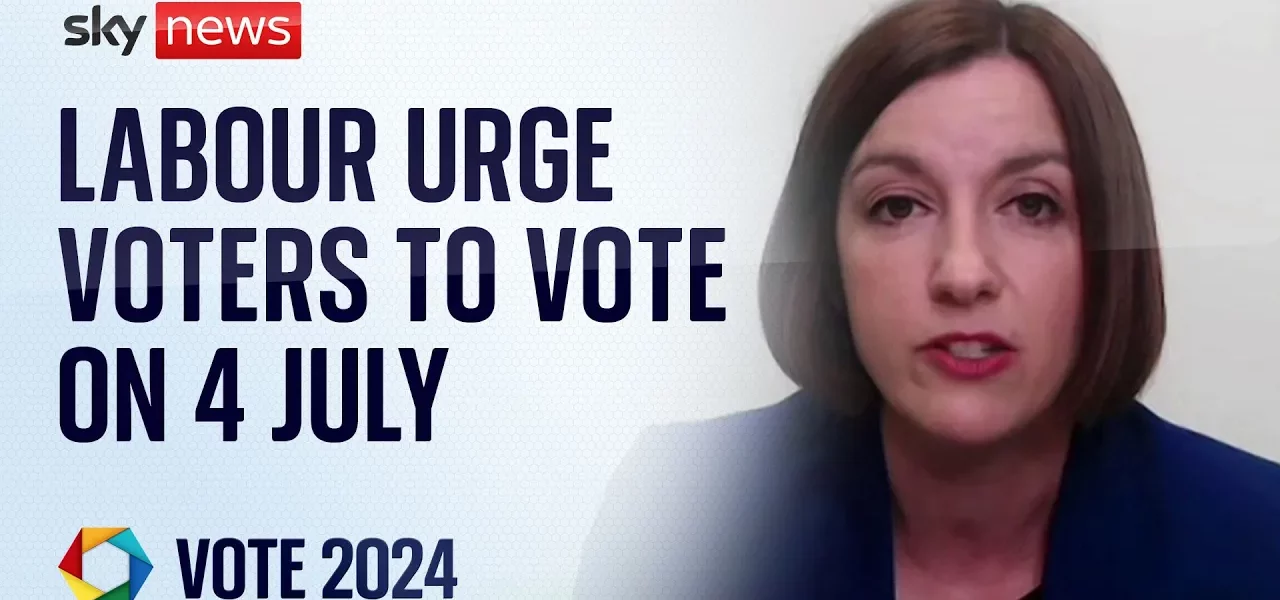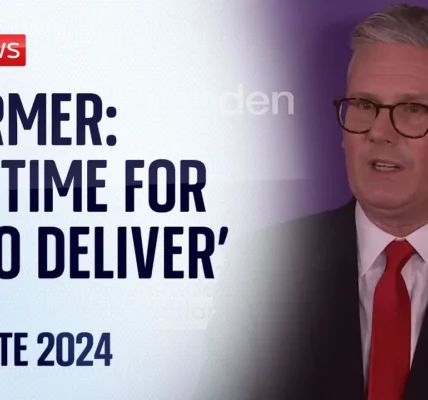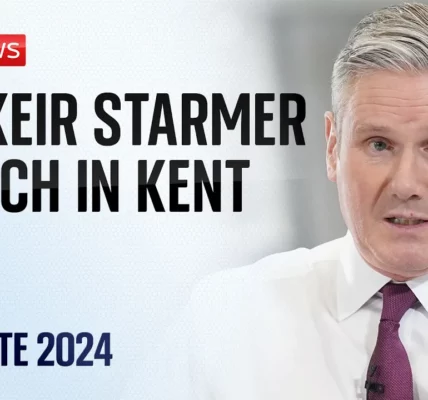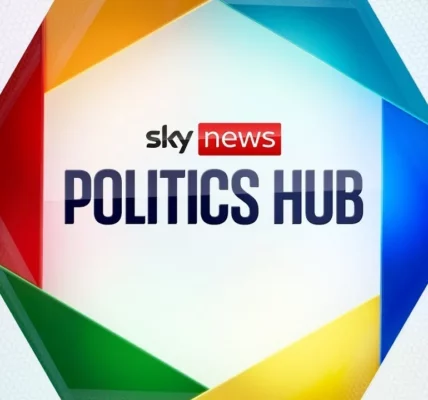Political Climate One Week Before the Election: Insights and Implications

As we approach a pivotal election, the sentiment among voters is critical. This article delves into the current mood, the implications of ongoing labor strikes, and the economic plans proposed by the Labour Party. Understanding these dynamics is essential for voters to make informed decisions on polling day.
Introduction
With just a week left until the election, the political landscape is charged with anticipation and uncertainty. Voter sentiment plays a significant role in determining the outcome, and at this juncture, many are grappling with the decision of whom to support. Political leaders are keenly aware that their messages must resonate with undecided voters, emphasizing the necessity for change following years of turmoil. This article aims to explore the key factors influencing voters’ decisions, including the Labour Party’s strategies, the implications of ongoing strikes, and the economic outlook for the future.
Voter Sentiment: Nervous or Excited?
As the election date draws near, the mood among the electorate is a mix of excitement and apprehension. Many voters express a desire for change after enduring 14 years marked by chaos and division. The Labour Party’s message is clear: voters should not be swayed by misleading polls. Instead, they are urged to focus on the opportunity for real change by casting their votes on polling day.
- Understanding voter apprehension
- Importance of clear communication from political leaders
- The role of polls versus actual voter turnout
The Impact of NHS Strikes on Voter Decisions
Currently, junior doctors are striking, highlighting a long-standing failure to negotiate adequately within the NHS. The Labour Party, under the leadership of Wes Streeting, has committed to addressing these disputes promptly if elected. This situation raises questions about the timing and implications of strikes in the final stages of the election campaign.
Negotiation and Settlement Prospects
Negotiations are crucial for reaching a settlement with junior doctors. The previous government’s reluctance to engage in dialogue has exacerbated tensions within the NHS, leading to significant strikes. The Labour Party intends to prioritize these discussions from day one, emphasizing their commitment to restoring trust and functionality within the healthcare system.
Voter Perspectives on Strikes
Voter opinions on the strikes are varied, with some viewing them as necessary actions to highlight urgent issues, while others see them as disruptive during a critical election period. The Labour Party’s narrative focuses on the need for accountability and effective governance to prevent such strikes in the future.
Economic Stability and Labour’s Net Zero Plans
As economic issues remain at the forefront of voters’ concerns, Labour’s plans for achieving net zero while ensuring economic stability are pivotal. The party asserts that substantial private sector investment will underpin these ambitious plans, alleviating fears of increased taxation or government borrowing.
Funding and Investment Strategies
Labour’s approach involves leveraging private investment to finance net zero initiatives. This strategy aims to provide certainty to businesses, encouraging them to invest in the UK economy. Key points include:
- Clear fiscal rules to guide economic policy
- Commitment to not raising VAT, income tax, or national insurance
- Ending tax breaks for private schools to generate revenue
Potential Risks of Private Sector Dependency
While the Labour Party is optimistic about private sector investment, concerns linger regarding the feasibility of these funding sources. If the expected investments do not materialize, the party faces critical decisions about maintaining its policy commitments.
Addressing Recent Political Scandals
In light of recent betting scandals involving politicians, the Labour Party emphasizes the need for stringent regulations to maintain integrity within political processes. The party’s commitment to high standards for its candidates is contrasted with the government’s delayed responses to such scandals.
Regulation of Political Betting
Labour advocates for tighter regulations surrounding political betting, arguing that transparency and accountability are essential to restoring public trust. Key considerations include:
- Ensuring candidates adhere to ethical standards
- Implementing stricter penalties for violations
- Engaging with the Gambling Commission for oversight
Manifesto Commitments and Transparency
Recent comments regarding unmentioned policies in Labour’s manifesto raise questions about transparency. The party reassures voters that all outlined policies are actionable and financially viable, prepared to address any concerns about their feasibility.
Conclusion
As the election approaches, the Labour Party presents a comprehensive vision for change, focusing on restoring trust, addressing pressing healthcare issues, and ensuring economic stability. Voter sentiment plays a crucial role in shaping the outcome, and the party’s strategies aim to resonate with undecided voters. It is imperative for the electorate to engage actively in the democratic process on polling day to influence the future direction of the country.
We encourage all voters to consider the implications of their choices carefully and to participate in the upcoming election. Your vote is your voice—make it count!
“`




